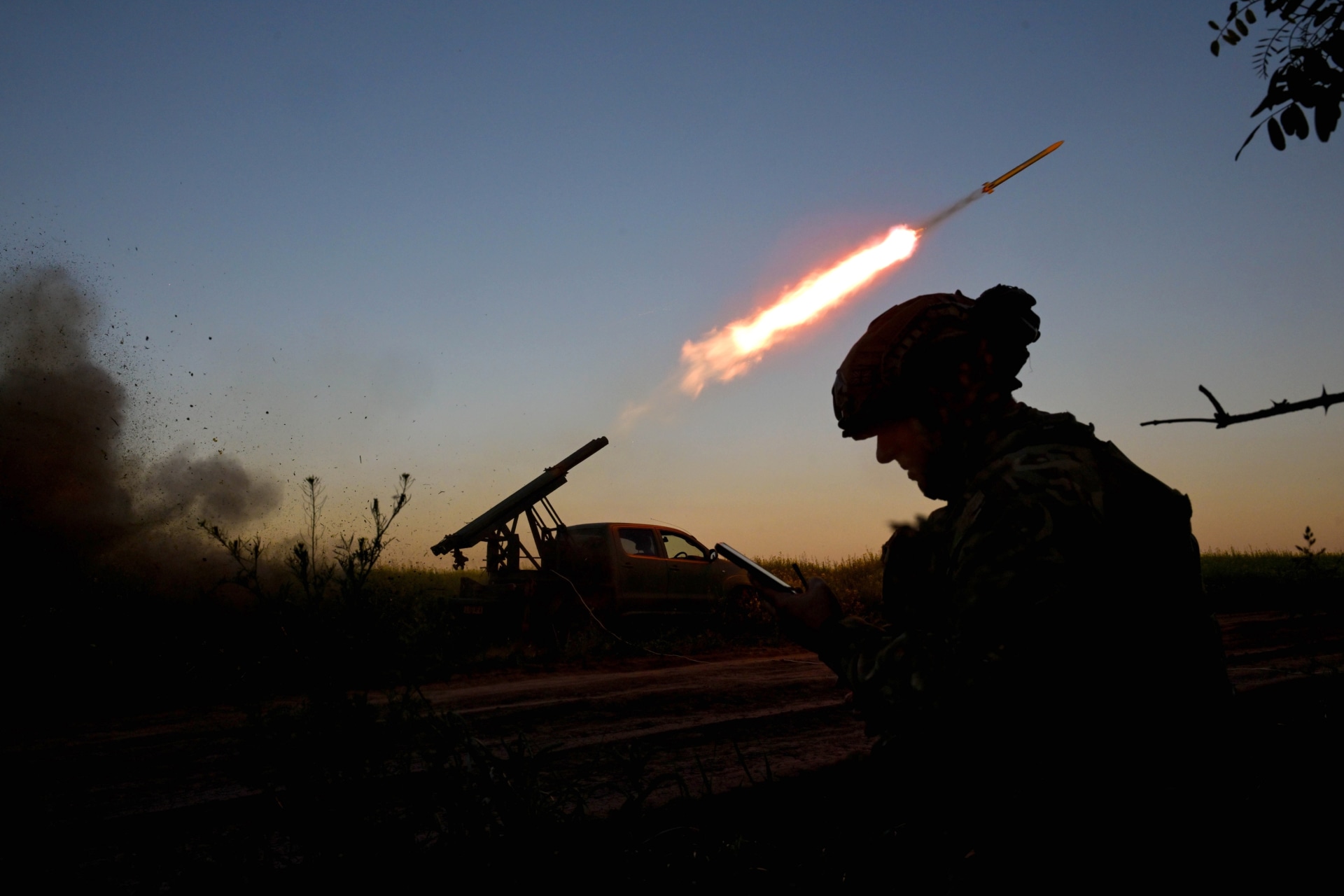Military Escalation in Korea
Contingency Planning Memorandum No. 10
BY
- Paul B. StaresGeneral John W. Vessey Senior Fellow for Conflict Prevention and Director of the Center for Preventive Action
Overview
Further provocations by North Korea as well as other dangerous military interactions on or around the Korean Peninsula remain a serious risk and carry the danger of unintended escalation. Moreover, changes underway in North Korea could precipitate new tensions and herald a prolonged period of instability that raises the possibility of military intervention by outside powers. This Center for Preventive Action Contingency Planning Memorandum by Paul Stares analyzes potentially dangerous crises that could erupt in Korea due to the atmosphere of recrimination and mistrust that exists between North and South; the possibility of provocative, domestically driven North Korean behavior; and the potential for a troubled succession process in Pyongyang. Stares concludes that the United States has a strong and abiding interest in ensuring that another Korean war not be ignited and provides recommendations to reduce the risk of unwanted military escalation on the Korean Peninsula.





